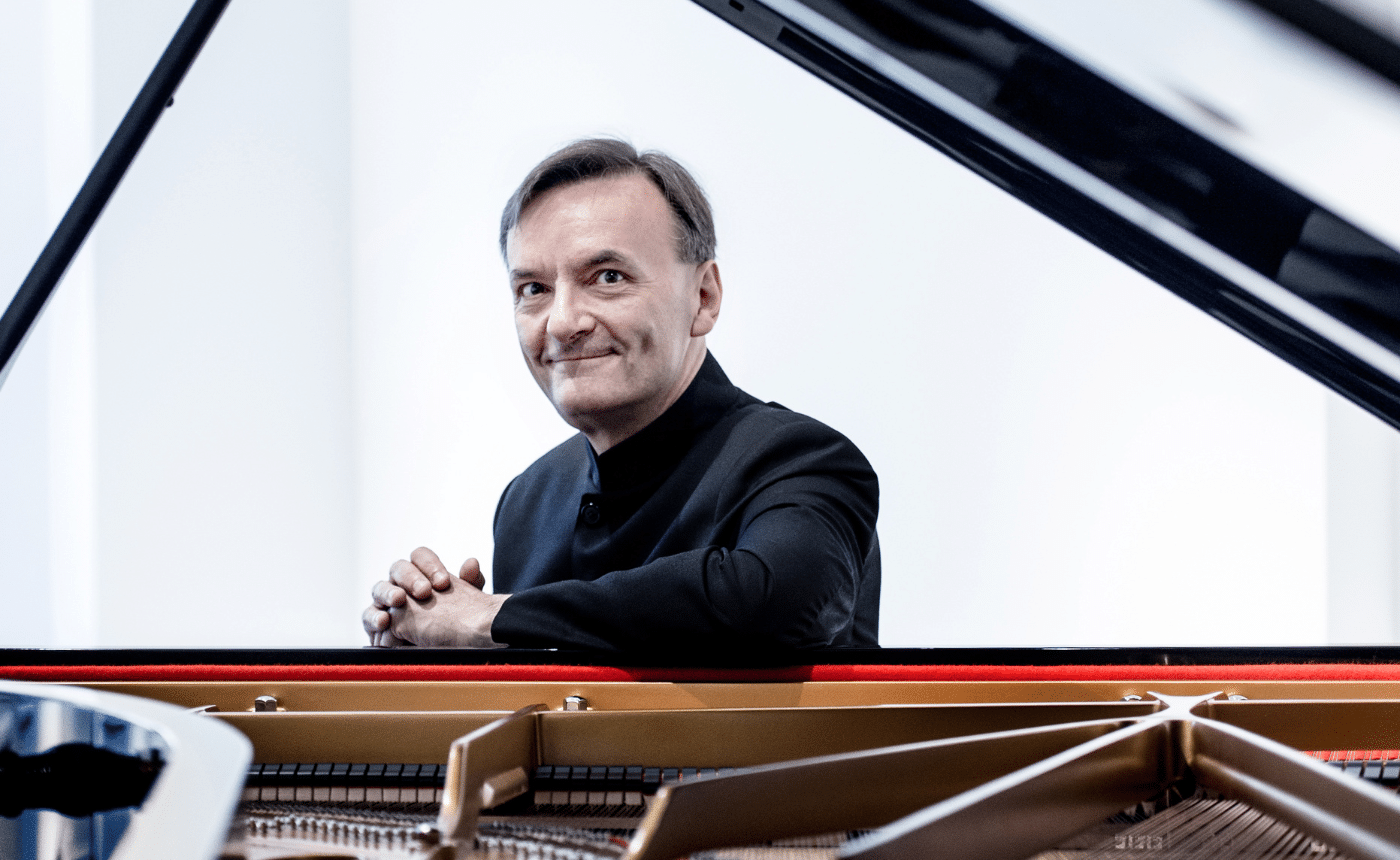BEETHOVEN: Violin Concerto
by Jeff Counts
Duration: 42 minutes in three movements.
THE COMPOSER – LUDWIG VAN BEETHOVEN (1770-1827) – Beethoven’s compositional output was defined by alternating periods of dearth and plenty. 1806 was one of the good years. In truth, it was an incredible year, arguably one of the most impressive stretches of sustained creativity by any artist ever. Looming deadlines, both self-imposed and not, can be wonderful motivators, but you must possess uncommon skill and will to succeed under that kind of pressure. Skill was never an issue for Beethoven and, in 1806, he had the determination to match it. The legendary clutch of works from that year included the Razumovsky Quartets, the “Appassionata” Sonata, the 4th Symphony, the 4th Piano Concerto and the Violin Concerto.

THE HISTORY – Like almost everything Beethoven composed in 1806, the Violin Concerto was written in a hurry. The premiere date was set for December 23 of that year, and by most accounts, he barely got it done in time. In fact, a legend persists about Beethoven finishing the score just two days before the concert, a close call that required the soloist to sight-read the finale in front of the audience. That story may not be true, but it is certainly possible. Beethoven was a tireless revisor, who often made corrections right up to the last possible moment, and the concerto’s dedicatee was apparently a brilliant technician, fully capable of surviving such less-than-ideal scenarios. Franz Clement was the music director and concertmaster of the Theatre an der Wien orchestra. Only in his 20s at the time of the concerto collaboration, Clement had been a child prodigy with a great deal of performance charisma. Beethoven heard him play when he was 14 and had kept professional track of him thereafter. The manuscript of the concerto’s violin part makes it unclear how much advice the composer ultimately took from his soloist (a regular feature of these sorts of partnerships), but there was plenty of mutual respect between the two musicians and the concerto played to Clement’s strengths as a graceful, peerless virtuoso. Given the panicked leadup to the downbeat, however, the premiere was not a big sensation. Clement did his best to champion the work for a few more years, but it did not enter the standard repertory for decades. It was simply too inscrutable and too difficult for anyone but him. The eventual acknowledgment of the Violin Concerto’s masterpiece status came thanks, in part, to another young superstar. Joseph Joachim performed the supposedly “unplayable” work (at age 13!) under the baton of Felix Mendelssohn in 1844, bringing it back into public attention for good.
THE WORLD – Elsewhere in 1806, the Napoleonic Wars raged, Lewis and Clark began their journey home from the Pacific Ocean, Noah Webster published his first dictionary, the Holy Roman Empire was dissolved and Britain established Cape Colony in present day South Africa.











